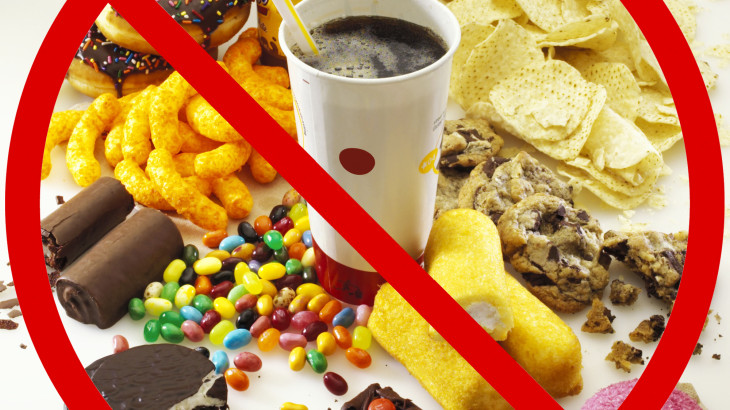Now more than ever, the old adage “You are what you eat” has been gaining scientific traction. New research studies(1) link high sugar intake to increased risk for depression. If you have been feeling sluggish or depressed you might try eliminating processed sugar and simple starches to improve your mood. Parents are encouraged to eliminate sugar in their kids’ diets by reading more labels, offering alternatives to sugary snacks, and removing excessive candy from the house. Save sugary treats for special celebrations and as rewards for positive behaviors.
What you need to know:
- Excessive sugar causes inflammation throughout the body and is linked to increased rates of depression.
- BDNF, a hormone that is crucial in maintaining neurological functioning, is suppressed by high sugar intake.
- Over consumption of sugar increases sugar craving. You will find that after a few days of sugar elimination your sugar cravings will decrease.
- Slaying the sugar dragon takes some planning, but a few weeks of sugar reduction can yield profound insight into your relationship with food.
We eat for pleasure, to celebrate, to connect with friends and family. But we also eat when we feel anxious or angry, to soothe hurt feelings and to fill up boredom. Learning to “unpack” our relationship with food, and beginning to develop mindful eating habits, can improve both physical and psychological health.
Here’s to your Well Being!
-Aliza Mendel, LCSW
Licensed Therapist
(1) High glycemic index diet as a risk factor for depression, James E Gangwisch et. al., June 24, 2015



Hi thanks for info!!